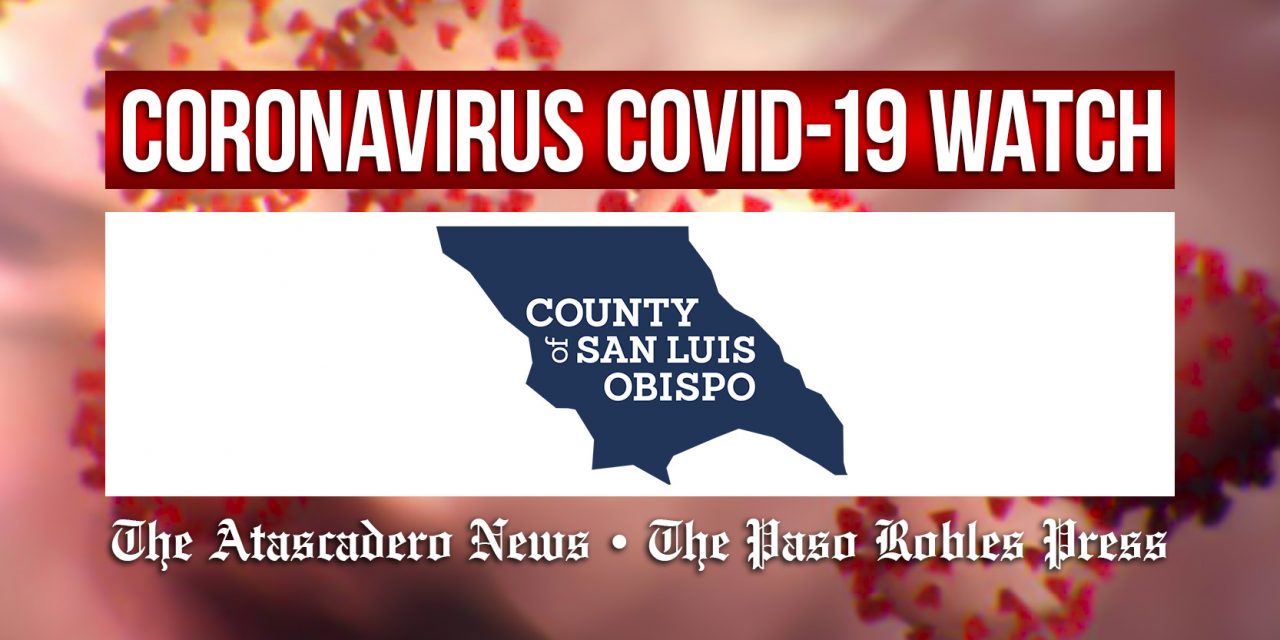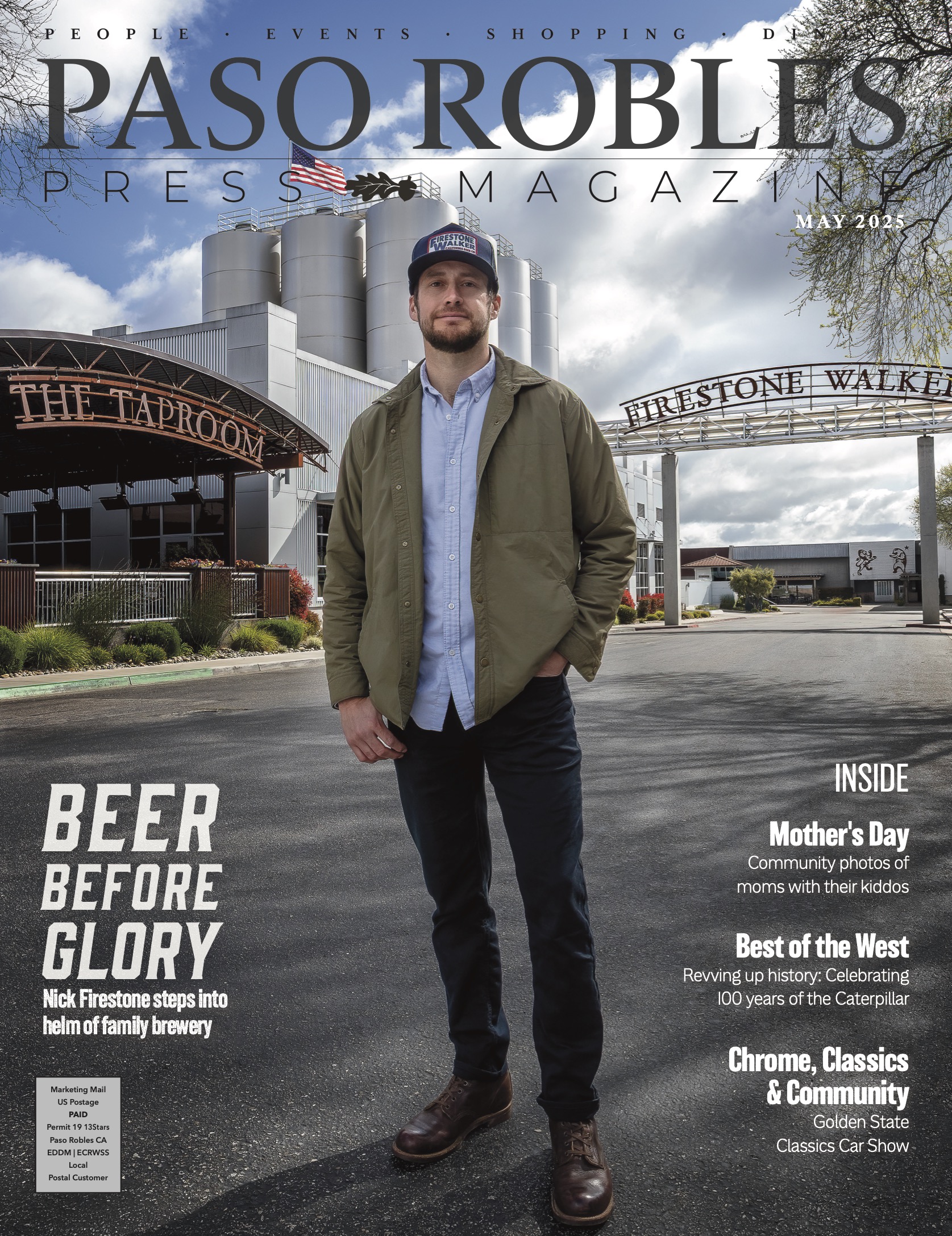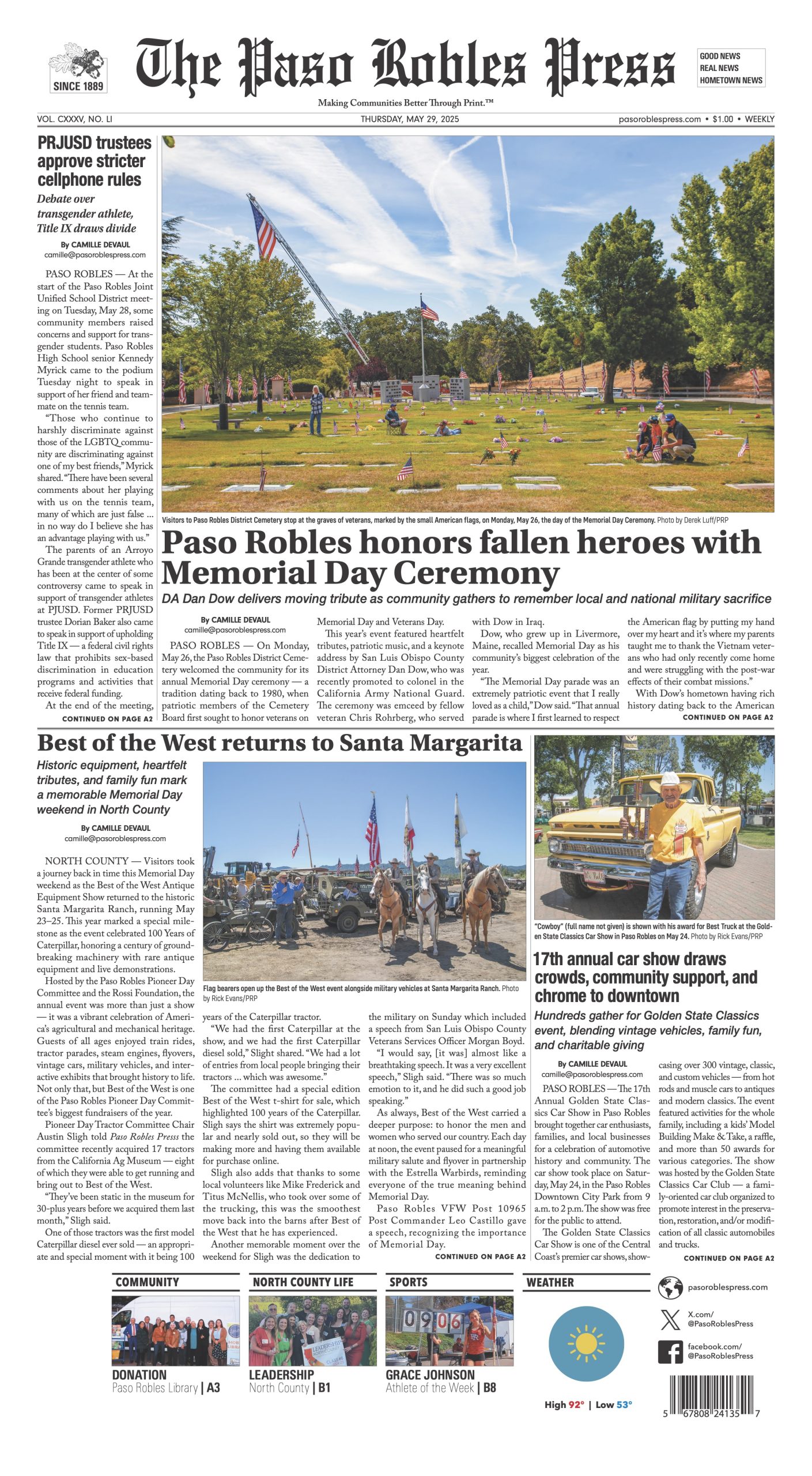If numbers don’t improve, County could go back to Purple Tier
SAN LUIS OBISPO — San Luis Obispo County continues to see a surge in new COVID-19 cases. It is “reasonably likely” headed back to the most-restrictive Purple Tier of the State’s Blueprint for a Safer Economy.
SLO County has been in the Red Tier for seven weeks, but its COVID-19 numbers have been spiking since Halloween putting it on the verge of going backward.
SLO County Public Health Officer Dr. Penny Borenstein said there was no definite date but that people should begin preparing.
“It is reasonably likely that we will be seeing ourselves back in the Purple Tier in a couple of weeks,” Borenstein said. “We do not have a date certain, but we want to have businesses thinking about this and preparing as they have been throughout this pandemic. When we do hit the Purple Tier, whether it is in one more week or in two more weeks, there is an allowance for an additional three days before these adjustments need to be made.”
On Thursday, Nov. 12, SLO County Public Health officials reported 72 new COVID-19 cases, bringing the overall total since March to 4,972. On Wednesday, 54 new cases were reported.
Since Nov. 1, SLO County has reported 662 new COVID-19 cases, the majority coming in the City of San Luis Obispo and Cal Poly campus residents with 255 and 93 respectively.
The Blueprint is updated each Tuesday. If SLO County’s numbers do not improve dramatically by Nov. 17, it will move back to the Purple Tier three days later.
Metrics based on positive rates and case rates per 100,000 population are released every Tuesday. State metrics are 7-day averages, with a 7-day lag. State officials use a county population of 278,862 for SLO County.
SLO County’s adjusted case rate shot up to 7.2 on Tuesday, Nov. 10. It was 4.1 the previous week. It needs to be between 4 and 7 when the Blueprint is updated on Nov. 17 for SLO County to stay in the Red Tier.
SLO County should not exceed 140 cases in a week (or 20 cases per day) to stay in the state’s Red Tier.
The County’s positivity rate is 3%, good enough for the Orange Tier.
Counties across the state are dealing with a spike in COVID-19 cases. On Nov. 10, 11 counties moved backward on the Blueprint.
A county must stay at a level for at least three weeks, then meet the next tier’s criteria for two weeks before moving to a less restrictive level. Counties with data falling in two different tiers for two consecutive weeks are transferred to the more stringent tier; this is where SLO County finds itself.
The state does allow counties to avoid moving back if they can show “objective signs of improvement.” To that end, Borenstein said SLO County submitted a form to the state on Nov. 11 related to Cal Poly.
Borenstein said a “medium-sized volume of test results” from another healthcare provider serving Cal Poly was not getting into the state’s system.
“We are looking for them to potentially rerun the numbers on that basis and potentially stave off our purple status for another week,” said Borenstein.
Another consideration, Borenstein said they hoped the state would consider was that many Cal Poly students would be going home in a couple of weeks.
“Maybe we can have some concessions around that and see what the impact will be with 4,000 to 5,000 students gone from our community as of Nov. 20,” Borenstein said. “Stay tuned on that.”
The Blueprint has four tiers: yellow, orange, red and purple. Purple means there is widespread COVID-19 transmission in the county and closes all indoor dining, gyms, fitness centers, and movie theaters, and puts more restrictions on other business sectors. It does not require schools that have already opened for in-person learning to shut down.
Personal care services of all types will remain open with modifications even if the County does move to Purple.
“The bigger impact is certainly to certain sectors like our gyms and our fitness centers, restaurants, museums; these would all have to cease indoor operations and go back to outdoor-only operations when the time would come that we were in Purple,” Borenstein said.
A majority of SLO County’s COVID-19 cases have recovered 4,357. There are a record 580 active cases in SLO County, with 575 recovering at home. Borenstein pointed out that despite the rise in cases, the impact on hospitals was low — five in the hospital, including two in intensive care.
“I do want to emphasize that in our county, we continue to for whatever reasons see less acute or less severe disease,” Borenstein said. “We see that although the disease is spreading fast, many of our cases are asymptomatic or mildly symptomatic.”
Borenstein concluded the county’s weekly COVID-19 briefing as she always does by reiterating the importance of the guidelines, especially as people gather for the holidays:
• Keep it outside.
• Keep it small (no more than the same three households every time).
• Keep it brief (no more than 2 hours).
• Don’t attend if you feel sick or are in a high-risk group.
• Stay 6 feet apart while attending.
• Wash your hands frequently or use hand sanitizer often at the gathering.
• Wear a face covering to keep COVID-19 from spreading.
“We are doing everything we can to prevent us from moving backward and we need your help,” Borenstein said. “Gatherings are our top contributor to our high case rate, so please gather responsibly by following all of the COVID-19 health guidelines for private gatherings.”














